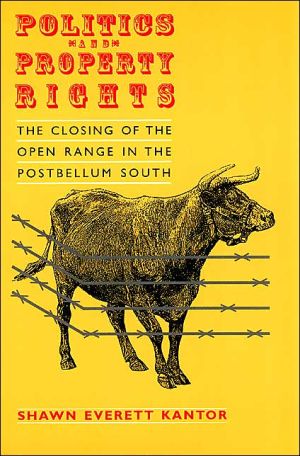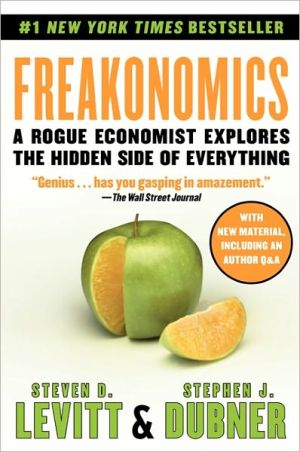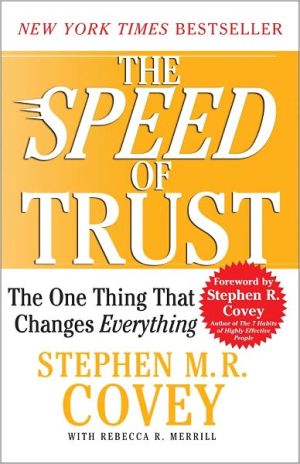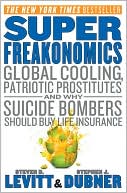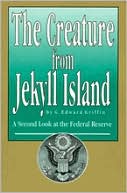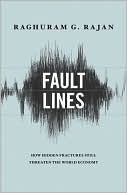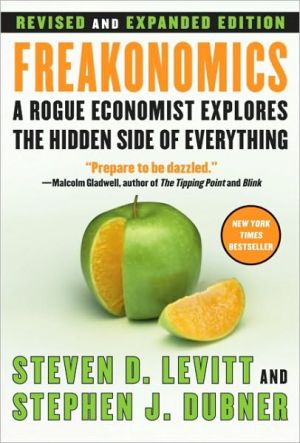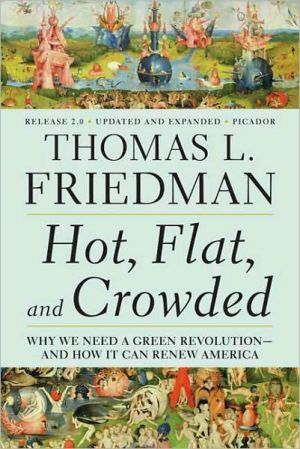Politics and Property Rights: The Closing of the Open Range in the Postbellum South
After the American Civil War, agricultural reformers in the South called for an end to unrestricted grazing of livestock on unfenced land. They advocated the stock law, which required livestock owners to fence in their animals, arguing that the existing system (in which farmers built protective fences around crops) was outdated and inhibited economic growth. The reformers steadily won their battles, and by the end of the century the range was on the way to being closed.\ In this original...
Search in google:
After the American Civil War, agricultural reformers in the South called for an end to unrestricted grazing of livestock on unfenced land. They advocated the stock law, which required livestock owners to fence in their animals, arguing that the existing system (in which farmers built protective fences around crops) was outdated and inhibited economic growth. The reformers steadily won their battles, and by the end of the century the range was on the way to being closed.In this original study, Kantor uses economic analysis to show that, contrary to traditional historical interpretation, this conflict was centered on anticipated benefits from fencing livestock rather than on class, cultural, or ideological differences. Kantor proves that the stock law brought economic benefits; at the same time, he analyzes why the law's adoption was hindered in many areas where it would have increased wealth. This argument illuminates the dynamics of real-world institutional change, where transactions are often costly and where some inefficient institutions persist while others give way to economic growth.
Acknowledgments1The Dynamics of Institutional Change: An Analytical Framework12The Economic Benefits of Livestock Enclosure173Translating Economic Interest into Action: Distributional Conflicts and the Dynamics of Institutional Change384Resolving the Distributional Conflicts715The Politics of Property Rights896Uncovering the Ideology of Property Rights Reform in the Postbellum South1137Property Rights and Populists: The Political Consequences of Livestock Enclosure128Epilogue: A Note on Institutional Change, Efficiency, and Democracy145App. AProcedure Used to Calculate Expected Savings from the Stock Law149App. BData Appendix to Carroll and Jackson County Election Regressions154Notes157References173Index183
